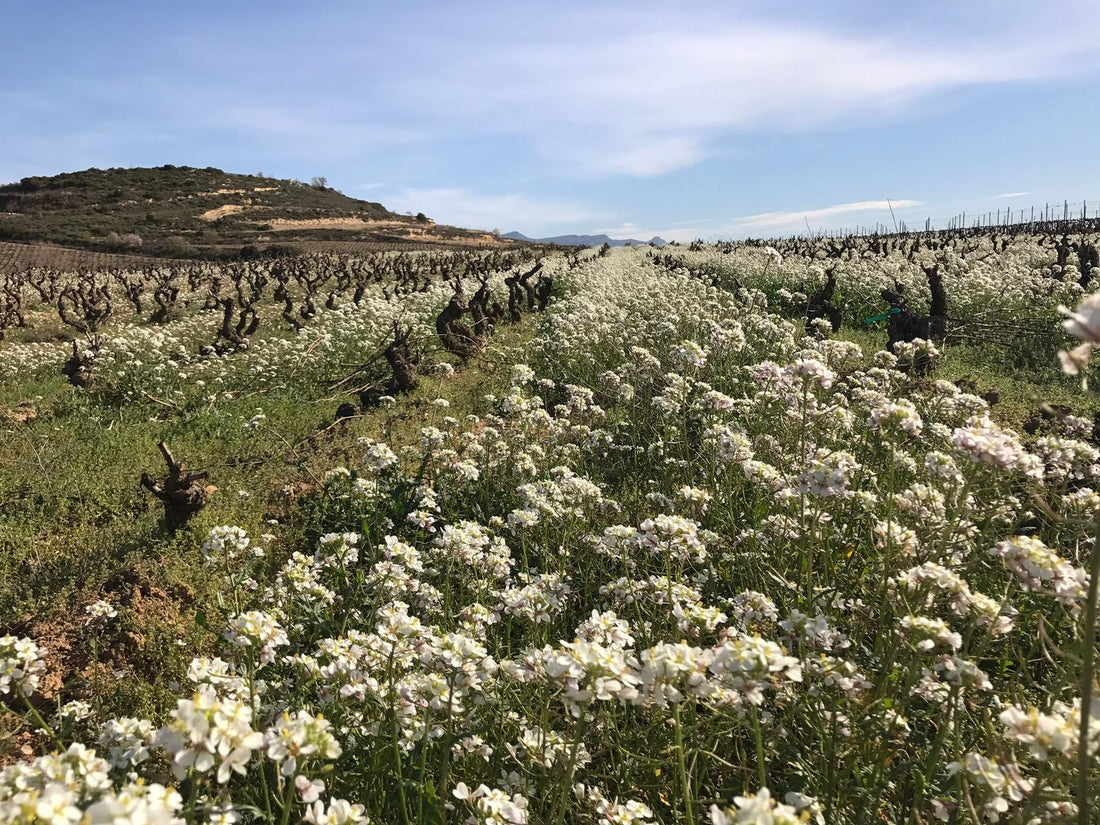
Is Wine Not Vegetarian?
Share
Did you know that wine made from grapes might not actually be vegetarian? This revelation has stirred quite a debate among wine lovers. Does this mean vegetarians can no longer enjoy wine? To find out, let’s explore the differences between the labels “organic,” “biodynamic,” and “vegan” in wine.
Organic
This is the broadest classification. A wine can be labeled organic if it meets the certification standards of its country of origin, such as being non-GMO, free from synthetic fertilizers, pesticides, and prohibited additives. However, don’t be fooled into thinking this is fully eco-friendly; these standards do not regulate employee rights, renewable energy, water resources, or sustainable packaging.

Vegan
Many people mistakenly assume all wine is vegan, but in reality, most wines use animal by-products during the fining and clarification processes. Common agents include egg whites, animal bones, or blood proteins, as well as isinglass (fish bladder protein), gelatin, and casein (milk protein). Additionally, beeswax and milk products might be used during bottling.
With the rise of veganism, while there are no requirements for wineries to list the substances used in production, the vegan label helps consumers easily find suitable wines.

Biodynamic
Biodynamic methods are stricter than organic ones, though some find them mystical. This approach combines organic farming with soil supplements prepared according to Rudolf Steiner’s formulas, following a planting calendar based on astrology. It treats all natural elements as part of the vineyard, minimizing machinery and using animals to maintain biodiversity.
Currently, Demeter International is a well-known certifier for biodynamic wines. However, due to high certification fees, only premium wineries in France typically pursue it.

Following the principle of “no additives, no extraction,” biodynamic wines are largely unrefined and unfiltered. Wineries may indicate terms like “No Added Sulphur,” “No Fining,” and “No Filtering” for identification.
